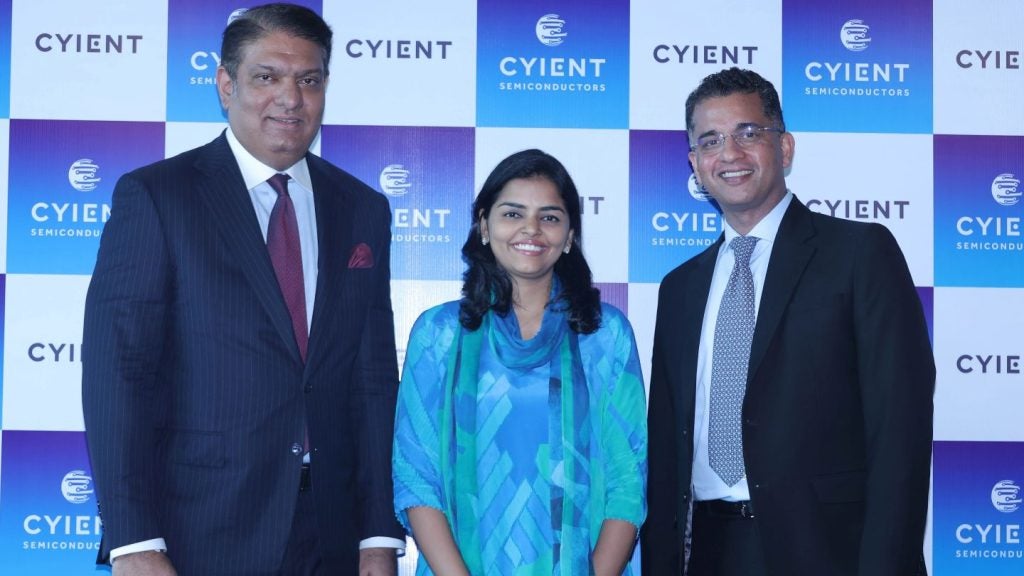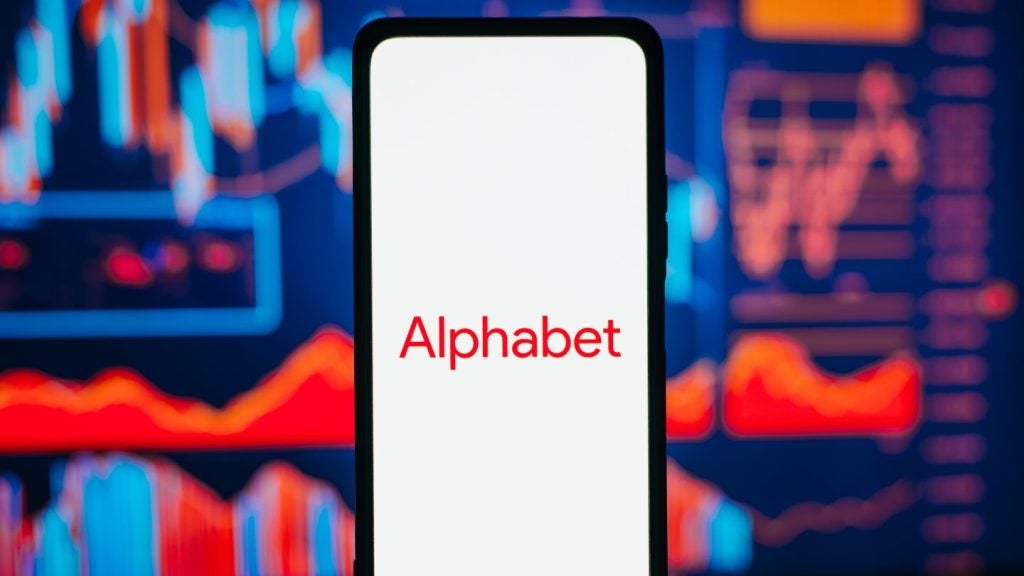There is a wave of disruption overtaking the financial world.
Digital tokens like bitcoin are threatening the monopoly of banks and other financial institutions and the blockchain technology underlying them reveals use cases that traverse the mere storage and transfer of financial value.
Programmable blockchain tokens have the potential to shift control within the insurance industry from a band of large centralised organisations to multiple distributed small pools.
Here’s a version of how this new system of decentralised autonomous providers could work
Imagine a group of 100 people who come together to create an insurance group with a coverage plan that is programmed into a smart contract.
To stay insured, each member pays a capped premium periodically, which gives them a share of voting power within the pool.
In the event of a submitted claim, all members will have access to an online forum to inspect evidence — photos, videos, doctor’s report, test results — and discuss the merits of each claim before placing their vote on a particular reimbursement schedule.
This proposed setup, although simplistic, would substantially reduce costs associated with traditional insurance, effectively increasing the amount payable to the insured members.
However, despite its potential, there are nuanced technical issues barring this scheme, like preventing spam claims and mitigating systemic risks in an efficient manner. When these and other edge case failure points are resolved, there’ll be one more option for people who are not currently satisfied by their insurance providers.
Peer-to-peer insurance will be a game-changer in developing countries where the healthcare infrastructure is not robust enough to support insurance services.
Using blockchain technology, residents of rural areas can easily tap into a global risk mitigation system with a smartphone.
Smart contracts will mean funds are spent in designated healthcare facilities which could fundamentally control the proliferation of treatable diseases globally.







